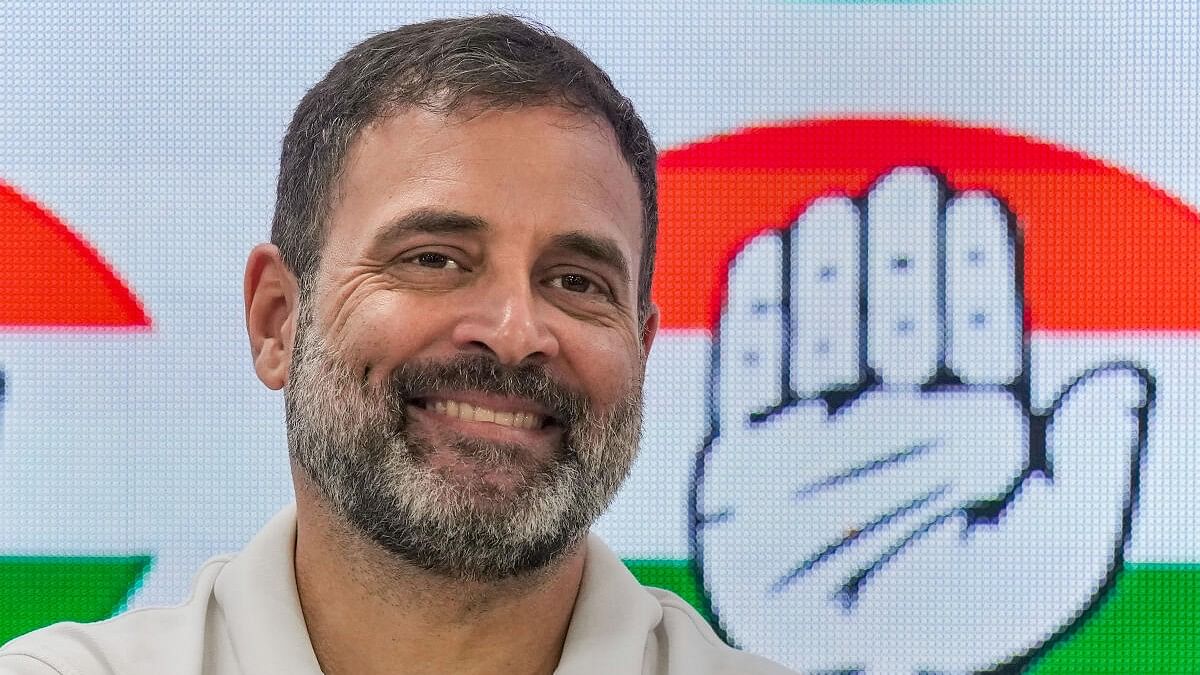
Congress leader Rahul Gandhi.
Credit: PTI Photo
The Supreme Court’s stay on the Surat chief judicial magistrate’s sentencing of Rahul Gandhi in a criminal defamation case has righted a wrong, and come as a shot in the arm for him, the Congress, and the INDIA coalition. It has also helped put the orders of the lower courts, including one by the Gujarat High Court refusing to grant a stay, in better perspective. The three-judge bench headed by Justice B R Gavai rightly did not go into the merits of the case, filed against Gandhi for his remarks about the Modi surname, as a bail hearing is not the time for evidence testing. It gave indications of the weakness of the case and the untenability of lower court rulings. The court also remarked that Gandhi’s comments, which invited the defamation case, were not in good taste, and that a person in public life is expected to exercise restraint in his public speeches. It observed that politicians who spoke at many public meetings tended to forget the norms of propriety. While this is so, the court found the lower courts' handling of the case faulty.
The Supreme Court identified two aspects of the lower courts’ orders as particularly exceptionable. One was that the magistrate awarded Gandhi the maximum punishment of two years, attracting the provisions of the Representation of the People Act and leading to his disqualification as an elected legislator. The court drew special attention to this as the disqualification provision couldn't have been invoked had the sentence been even a day less. Another point made by the court was that none of the lower courts gave reasons to justify the maximum punishment. When courts impose the maximum penalty in a case involving a non-compoundable, bailable and cognisable offence, they ought to provide an explanation. This was a case of disproportionate punishment without an explanation.
Another important matter noted by the court was that the impact of the magistrate’s order was felt not just by an individual but by an entire constituency. This is because Gandhi’s disqualification deprived the people of the Wayanad constituency their representation in parliament. By observing that the ‘’ramifications are wide,’’ the court was indicating that the lower courts had not taken into consideration all relevant and legitimate aspects of the case. The Supreme Court’s order vindicates the widespread criticism of the lower courts’ orders. Gandhi’s return from the shadow of disqualification would do good to his party and an opposition trying to put up a fight against the BJP in the coming elections.